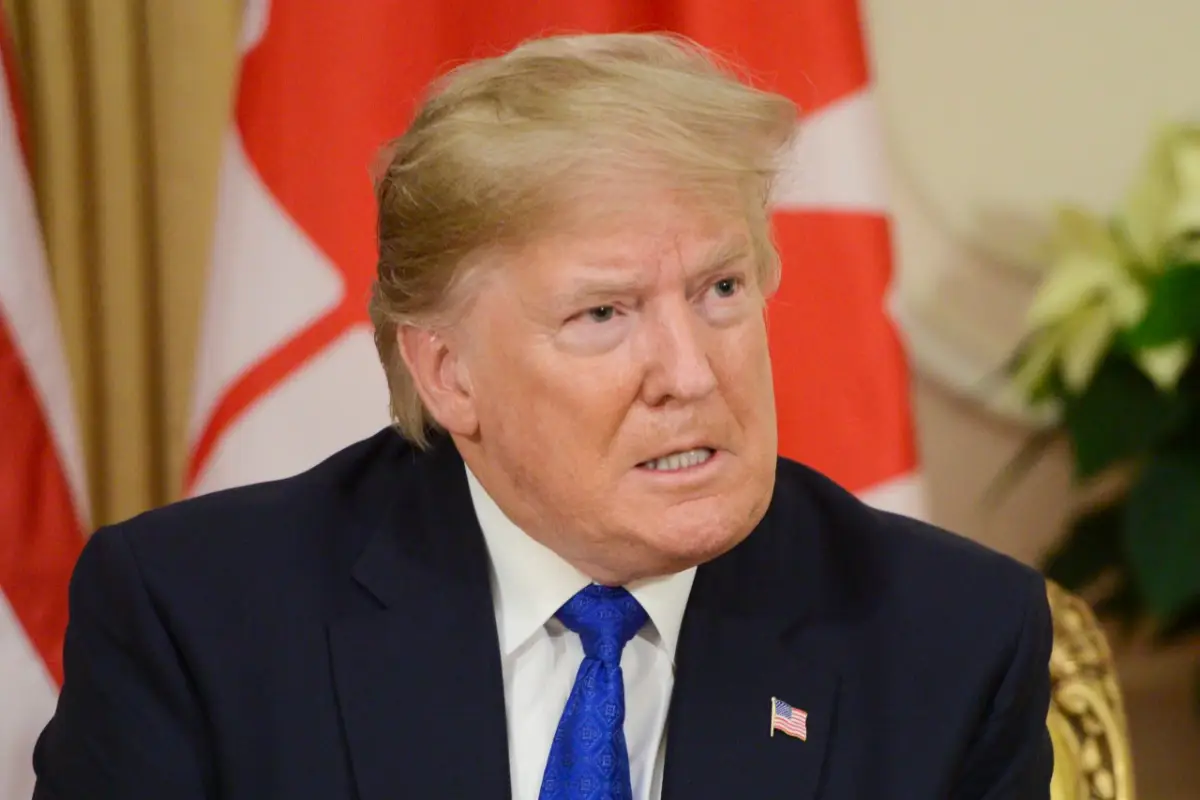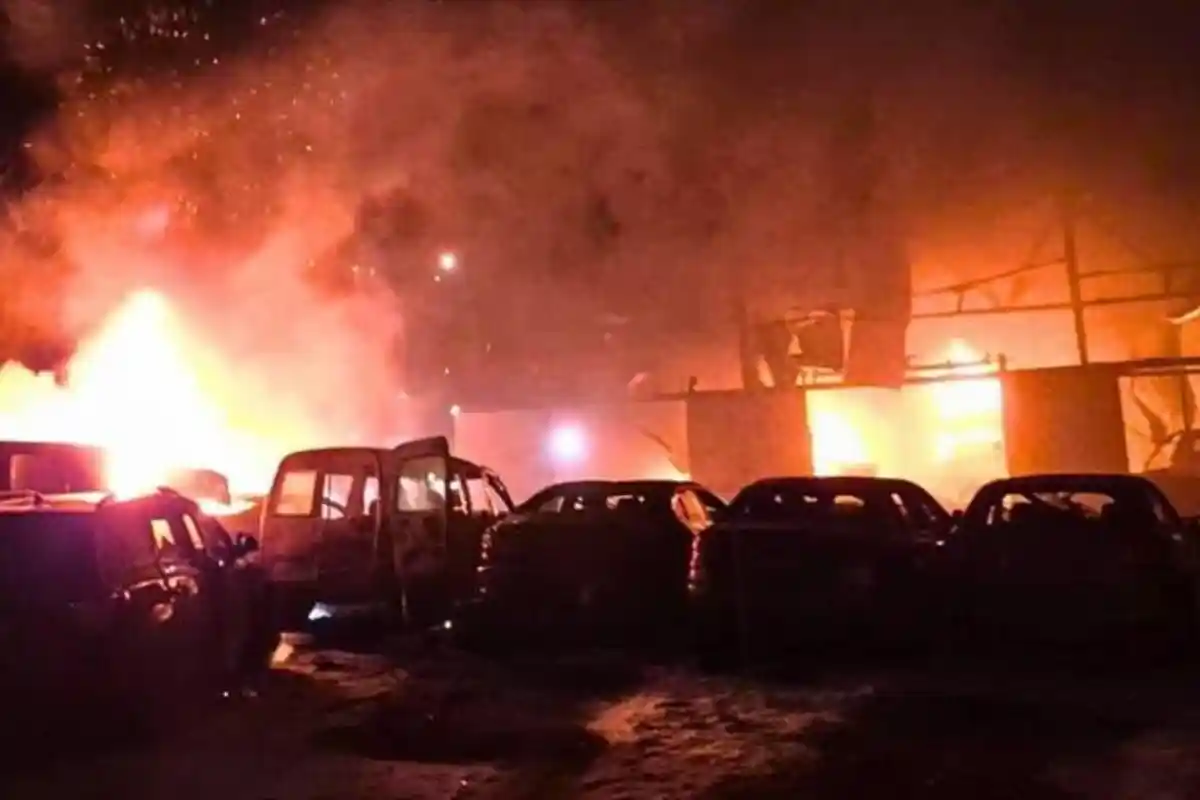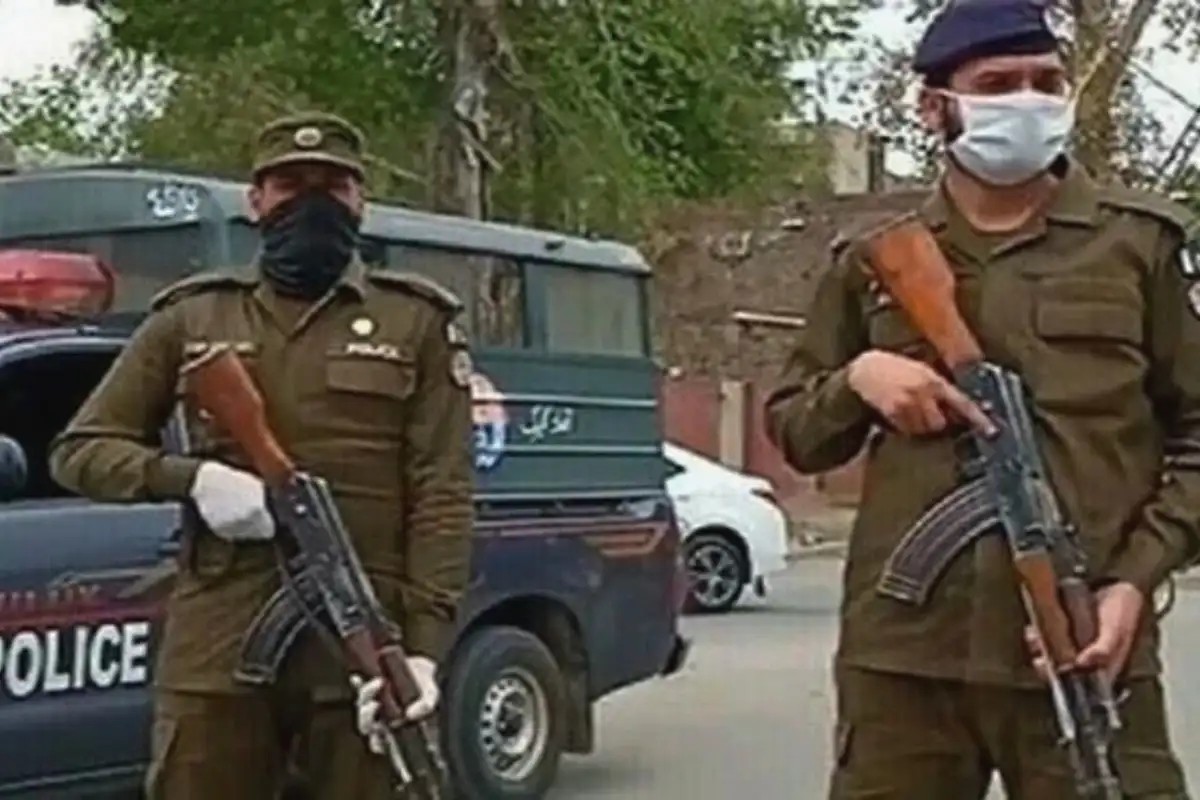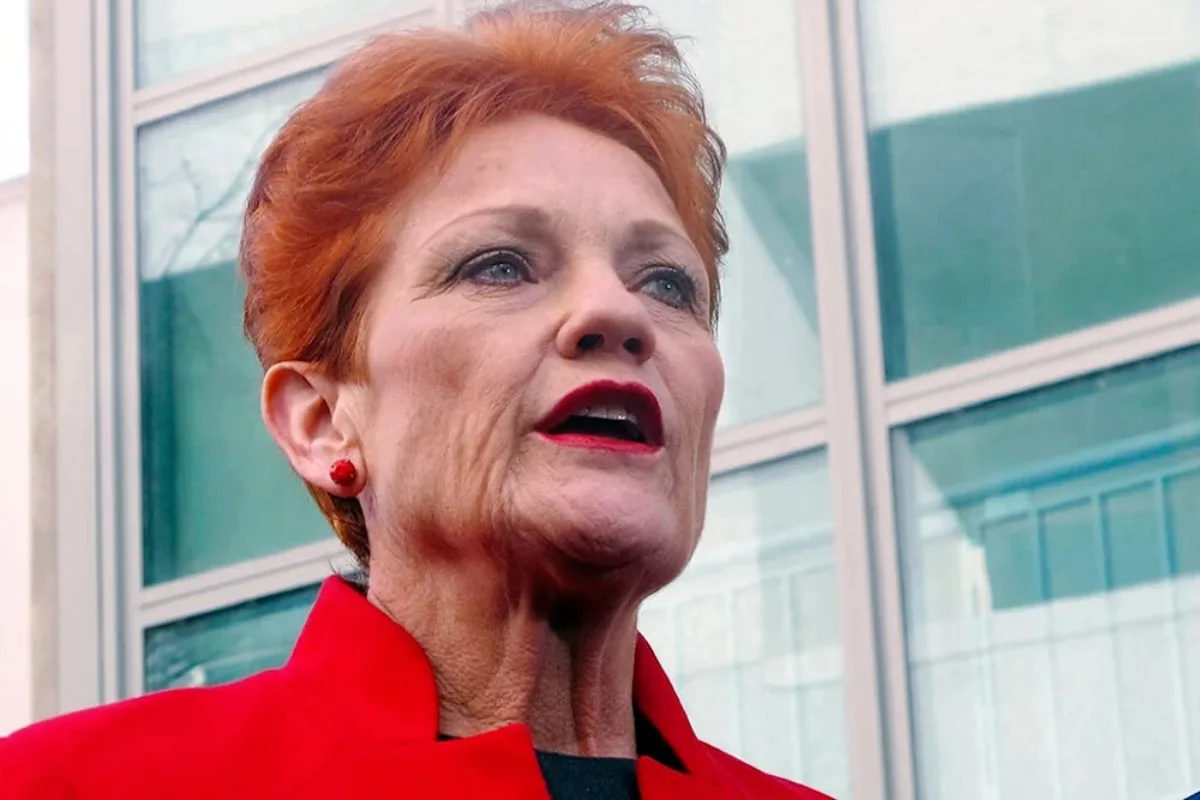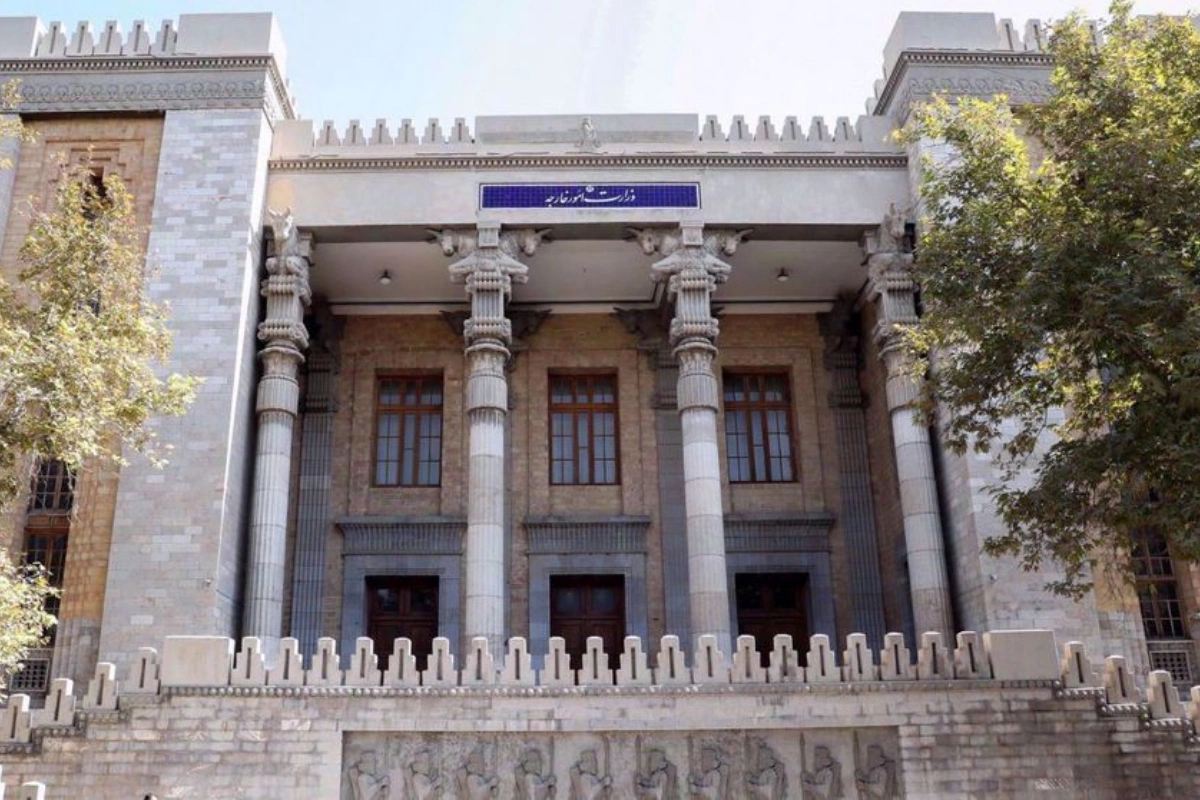President Donald Trump on Wednesday signed a sweeping new travel ban targeting 12 countries, reviving one of his most controversial policies from his first term.
The new executive order blocks all travel to the United States by nationals of Afghanistan, Myanmar, Chad, Republic of the Congo, Equatorial Guinea, Eritrea, Haiti, Iran, Libya, Somalia, Sudan, and Yemen.
Additionally, a partial travel restriction was imposed on seven more countries — Burundi, Cuba, Laos, Sierra Leone, Togo, Turkmenistan, and Venezuela — with limited exceptions for some temporary work visas.
The restrictions will go into effect Monday, the White House announced.
The ban on 12 countries by Trump comes in response to a recent attack in Colorado, which US authorities linked to an individual in the country illegally.
Citing Colorado Attack as Catalyst
Trump said the measure was prompted by a flamethrower-style attack during a Jewish protest in Boulder, Colorado. Authorities identified the suspect as Egyptian national Mohammed Sabry Soliman, who had allegedly overstayed a tourist visa and applied for asylum in 2022.
“The recent terror attack in Boulder, Colorado has underscored the extreme dangers posed to our country by the entry of foreign nationals who are not properly vetted,” Trump stated in a video message from the Oval Office, posted on X. “We don’t want them.”
Exceptions for Major Sporting Events
Trump’s order includes an exemption for athletes competing in the 2026 FIFA World Cup — co-hosted by the US, Canada, and Mexico — as well as the 2028 Summer Olympics in Los Angeles.
New Ban on Harvard-Bound Foreign Students
Separately, Trump announced a visa ban targeting foreign students set to begin studies at Harvard University. The move marks a broader crackdown on what he described as institutions promoting liberal ideology.
Echoes of the 2017 Travel Ban
Trump likened the new measures to his 2017 travel ban on several predominantly Muslim countries, which drew widespread legal challenges and international criticism.
“We will not let what happened in Europe happen in America,” Trump declared. “We cannot have open migration from any country where we cannot safely and reliably vet and screen.”
Backlash & Legal Uncertainty
The new travel restrictions were announced with little advance notice and no media presence, shortly after Trump addressed thousands of political appointees at a White House event.
Venezuela swiftly condemned the decision. “Being in the United States is a great risk for anyone, not just for Venezuelans,” said Interior Minister Diosdado Cabello, urging citizens to avoid travel to the US.
White House Deputy Press Secretary Abigail Jackson defended the move, saying it fulfills Trump’s commitment to shield Americans from “dangerous foreign actors.”
Justifications for Targeted Nations
The order cited various national security concerns. Countries like Afghanistan, Libya, Sudan, Somalia, and Yemen were labeled as lacking credible central authorities capable of issuing secure documents. Iran was designated due to its status as a state sponsor of terrorism. For other nations, the administration cited high visa overstay rates.
“The impact of the ban will once again be felt by Americans who were denied the ability to see their loved ones at weddings, funerals, or the birth of a child,” said Jamal Abdi, President of the National Iranian American Council.
Notably, Egypt — the home country of the Colorado attack suspect — was not among the nations listed.
